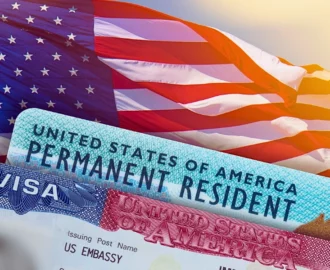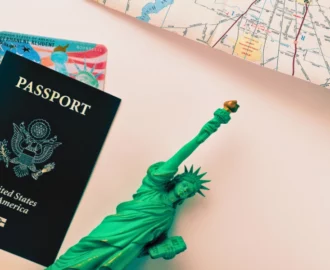The H1-B visa is the most popular, but not the only employment-based visa available to foreign workers. The best immigration lawyers can explain possible alternatives to the H-1B visa program.
The H-1B Visa Program
The H-1B visa program allows U.S. companies to temporarily employ foreign workers in occupations that require a bachelor’s, master’s or doctorate degree and highly specialized knowledge. Specialty occupations include engineering, science, information technology, education, research, and other specialized fields. On an H-1B visa, an immigrant is allowed to stay and work in the U.S. for a three-year period. Under certain circumstances with assistance from the best immigration lawyers, the time period may be extended up to a maximum of six years.
The H-1B visa program is capped at 65,000 visas each year. The annual cap does not apply to the first 20,000 visa petitions filed for workers with a master’s or doctorate degree. H-1B workers who are requested by or employed by an institution of higher education or its affiliates and nonprofit entities, nonprofit research organizations, or government research organizations are also exempt from the annual cap.
H-1B Alternatives
L-1 Visas
If a worker has been employed by a foreign company that has a parent, branch, or affiliate operation in the U. S., the worker may qualify for an L-1 visa. L-1 visas come in two types: L-1A visas are for company executives and managers; L-1B visas are for workers who have specialized knowledge. The L-1A visa also allows an executive to come to the U.S. to open a new office for the foreign company. There is no annual cap on the number of L-1 visas that can be issued. The L-1A visa is good for seven years, and the L-1B visa is good for five years, however, both of these time periods count toward the six-year limitation on an H-1B status.
Green Cards
Certain workers may bypass the H-1B visa process and opt for a green card process. The availability of a green card option can vary based on a worker’s personal circumstances. Since the green card process is not limited to employer sponsorship, it may be an advantage to workers. Green cards can also be sponsored by a qualifying U.S. citizen or lawful permanent resident, green card holder, family member. Some workers may qualify for an asylum-based or investment-based green card application through the best immigration lawyers without the need for any sponsorship.




